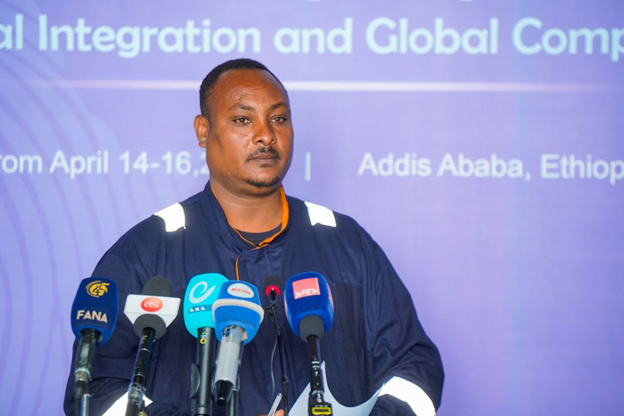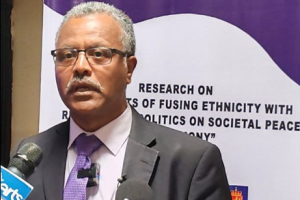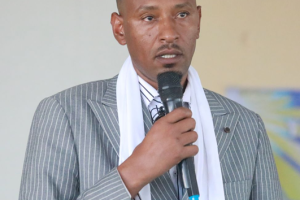
> To integrate VR welding training by 2027
ADDIS ABABA – The Federal Technical and Vocational Training Institute (TVTI)’s Center of Excellence for Engineering is spearheading a move towards advanced manufacturing, anno-uncing plans to establish a smart manufacturing unit and integrate virtual reality (VR) into welding training by 2027.
This announcement comes as Ethiopia hosts the 3rd African Welding Federation Annual Assem bly and International Confere nce 2025, themed: “Empowering Africa: Strengthening Welding Capacity for Regional Integration and Global Competitiveness.”
In an interview with The Ethiopian Press Agency (EPA) on the sidelines of the conference, TVTI’s Center of Excellence for Engineering (CEE) CEO Selamu Yesak (PhD) outlined the institute’s ongoing efforts to implement a cutting-edge smart manufacturing unit and revolutionize the welding industry through virtual reality technology.
According to Selamu, the era of conventional welding is drawing to a close, with significant initiatives underway to modernize the sector and cultivate a skilled and knowledgeable workforce for the future. He noted that while over 10,000 welders have been certified in the past 25 years, this number remains insufficient to meet the demands of Ethiopia’s growing population and industrial sector.
“CEE stands as the only institute in the East African region certified by the International Institute of Welding, providing crucial training and certification to our citizens,” Selamu highlighted.
Currently, CEE is collaborating with the Ministry of Labor and Skills (MoLS) with a plan to train 2,700 individuals in the manufacturing industry. Furthermore, in partnership with the Addis Ababa city administration, CEE is working to train and certify existing conventional welders, offering training from level I to VI.
Selamu emphasized the fundamental role of welding across various industries and technological domains, stating, “No industry, technology hub, or institution can function without welding, as it is a core science and engineering discipline. Welding is essential in working with metals, plastics, aluminum, and similar materials. Therefore, a clear understanding of the specific types of welding required is crucial for driving significant progress across the sector.”
He further explained the importance of defining factors such as metal strength levels, material composition, and appropriate welding techniques. Notably, Ethiopia has been a regional training hub, welcoming and training individuals from neighboring countries.
Following theoretical instruction, trainees undergo extensive hands-on practice to develop proficiency, create innovative technologies, and ensure global competitiveness. To assess the competency of the trained individuals, CEE employs advanced evaluation methods, including X-ray technology.
BY MESERET BEHAILU
THE ETHIOPIAN HERALD WEDNESDAY 16 APRIL 2025





